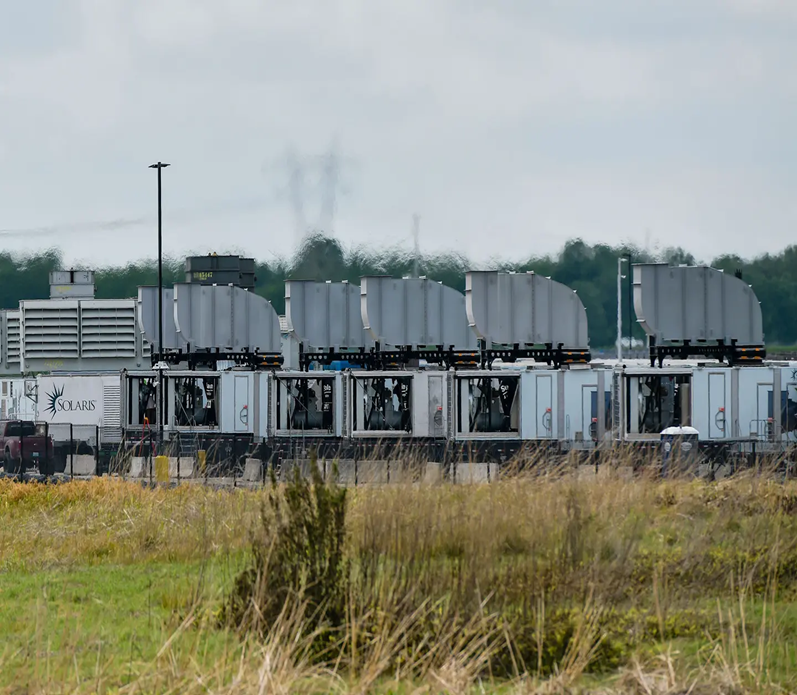
Jianyin Roachell, Transatlantic Digital Debate Fellow and Research Associate at Max Planck Institute of Geoanthropology
Nov 21, 2025
In a few short years AI technology has already become a legitimate threat to the earth’s environment. Without guardrails put in place, the competition between the U.S. and China could outstrip current infrastructure.
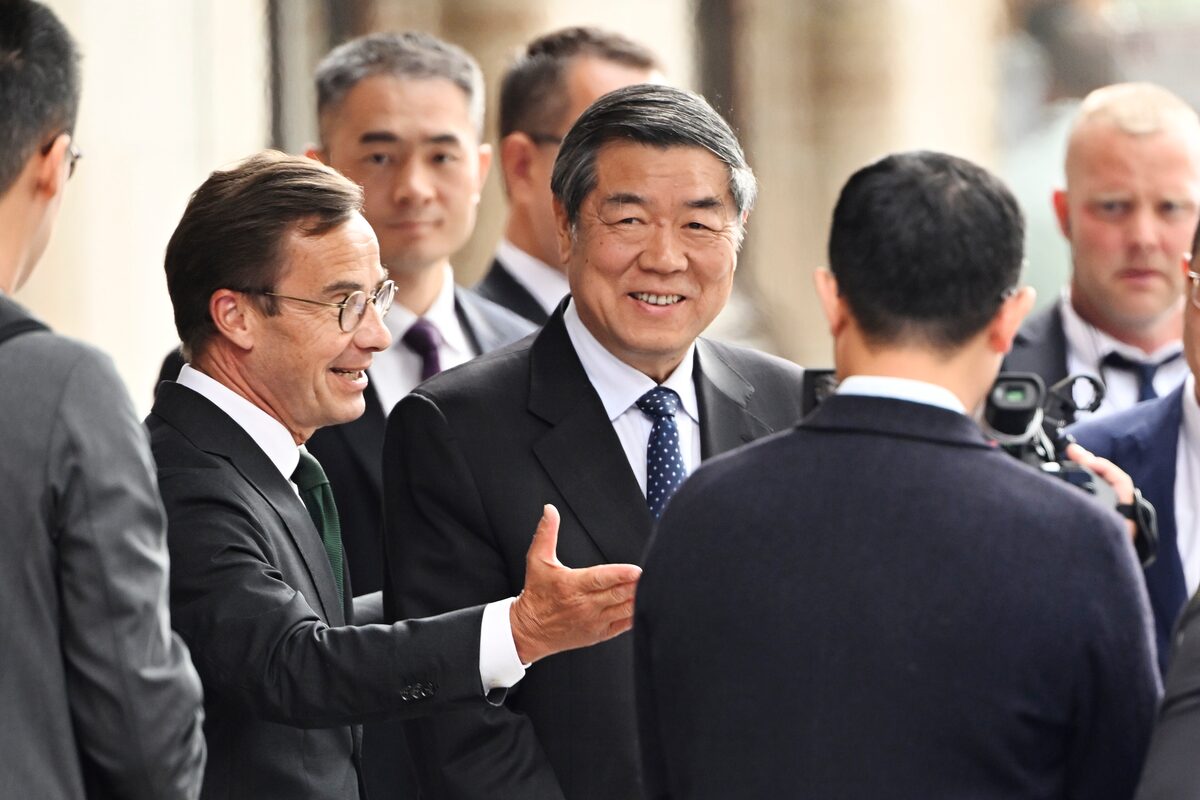
Yu Xiang, Senior Fellow, China Construction Bank Research Institute
Nov 21, 2025
In an era marked by trust deficits at the national level, individual businesses have emerged as key vehicles for pragmatic coexistence. Their fundamental rationality may make them, under certain conditions, the only entities capable of maintaining equilibrium.
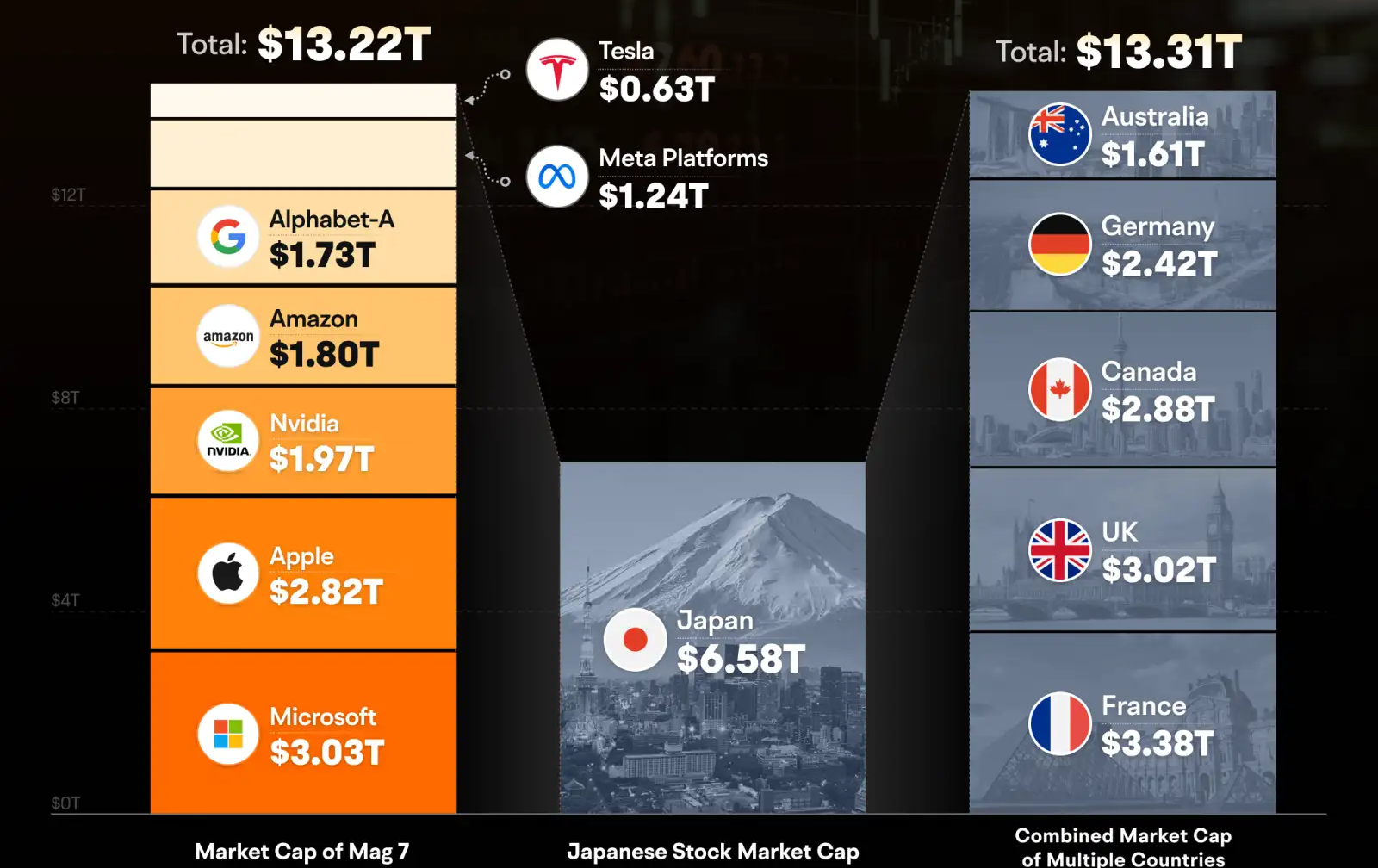
Wang Lei, Assistant Research Fellow, Institute of World Political Studies, CICIR
Nov 21, 2025
The Trump administration is fundamentally transforming the relationship between the private sector and the U.S. government. As American capitalism evolves, the underlying logic of the global economy is quietly changing with it.

Zhou Xiaoming, Former Deputy Permanent Representative of China’s Mission to the UN Office in Geneva
Nov 21, 2025
High import duties on Chinese goods have become the new normal for the United States. While there’s lots of talk about renewed stability with China after the presidents met in South Korea, but the world’s two largest economies appear to be learning how to live apart.
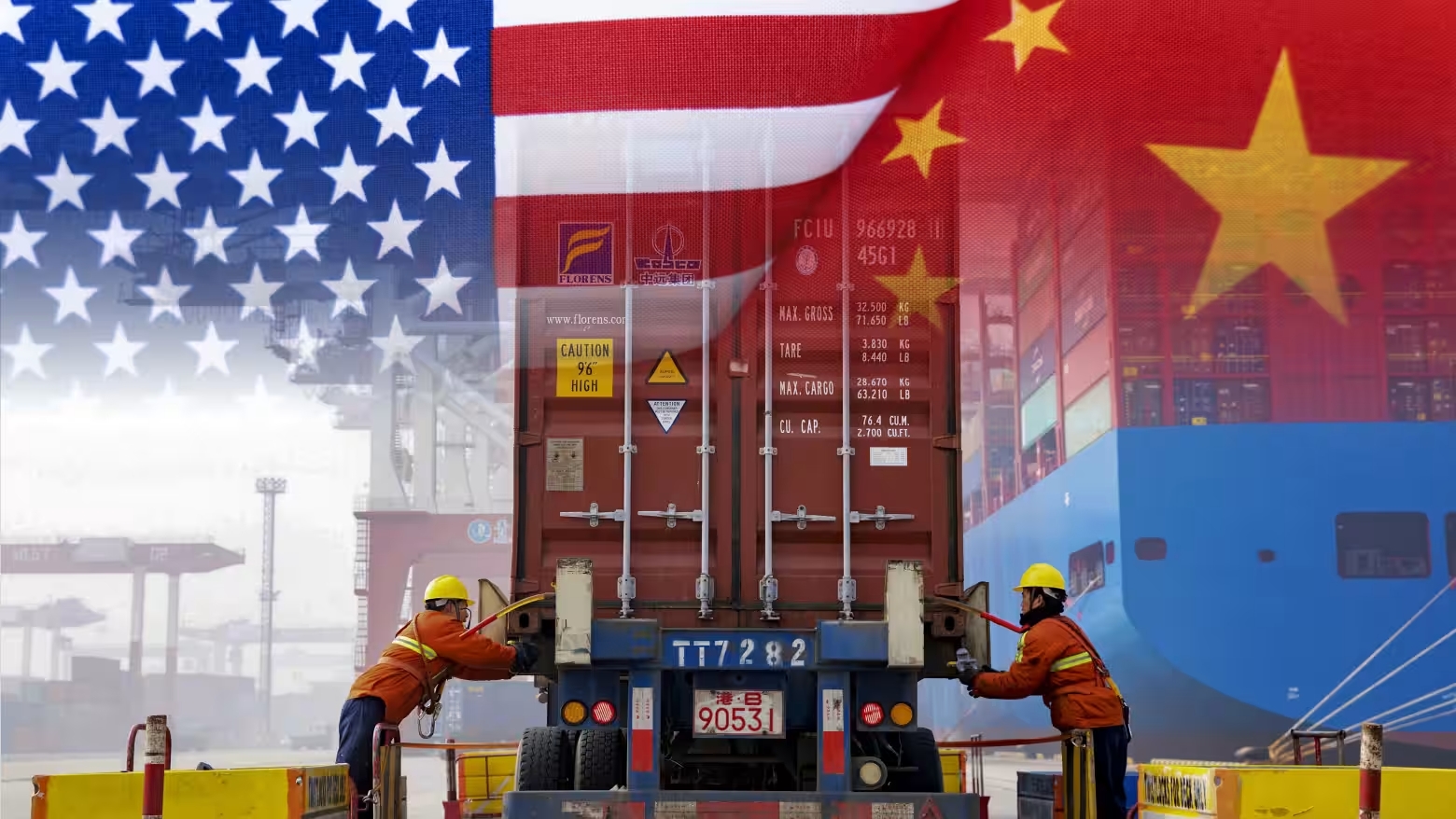
Warwick Powell, Adjunct Professor at Queensland University of Technology
Nov 10, 2025
In the geopolitical theater of 2025, the United States’ trade posture toward China exemplifies a pattern of escalating threats that yield diminishing strategic returns.

Yu Xiang, Senior Fellow, China Construction Bank Research Institute
Oct 28, 2025
Under China’s 15th Five-Year Plan, the coming period will be crucial for consolidating foundations and achieving socialist modernization. The country aims to leverage four key advantages: its institutional strengths, its vast domestic market, its complete industrial system and its abundant human resources.
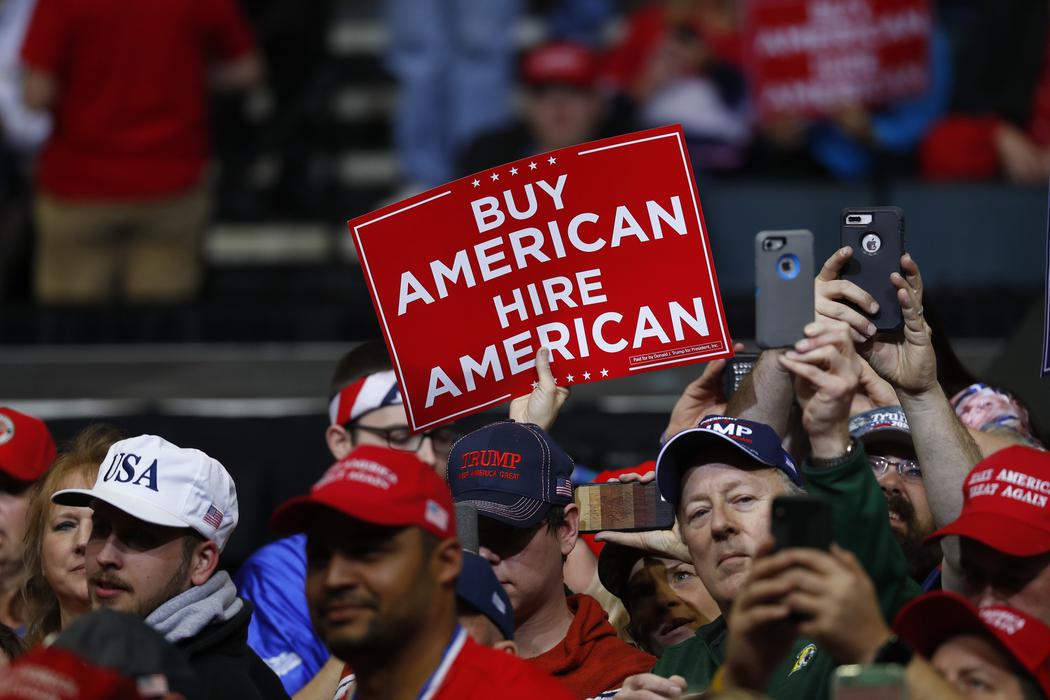
Ma Xue, Associate Fellow, Institute of American Studies, China Institutes of Contemporary International Relations
Oct 27, 2025
Donald Trump’s tariffs — the cornerstone of his economic agenda — are closely linked to inflation, revenues, spending and the reshoring of manufacturing. They are the key to assessing Trump’s economic impact, but they come with profound uncertainty.

Sajjad Ashraf, Former Adjunct Professor, National University of Singapore
Oct 17, 2025
China’s new rare-earth export controls have turned its dominance in the sector into a powerful strategic tool, extending restrictions to technology, equipment, and expertise that tighten global dependence. The move has intensified tensions with the United States and its allies, highlighting how control over critical minerals now defines the balance of economic and geopolitical power.

Christopher A. McNally, Professor of Political Economy, Chaminade University
Oct 10, 2025
After months of escalating tariffs and retaliatory measures, China and the United States have reached a fragile truce that has begun to stabilize their trade and technology relationship. While tensions over chips, rare earths, and agricultural exports persist, both sides now recognize their mutual vulnerability, creating a cautious but potentially durable détente rooted in economic deterrence rather than dominance.
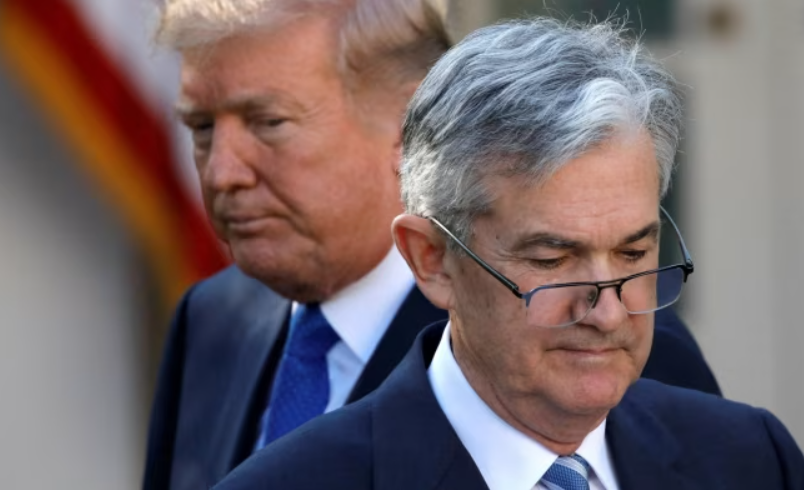
Han Liqun, Researcher, China Institutes of Contemporary International Relations
Oct 09, 2025
The unusual movements of U.S. Treasuries and the dollar reflect not only a global reassessment but also questions about America’s national power and international standing. The dollar’s hegemony may soon face a critical turning point.
Back to Top

- China-US Focus builds trust and understanding between the U.S. and China through open dialogue among thought leaders.
- Our Offerings
- Topics
- Videos
- Podcasts
- Columnists
- Research Reports
- Focus Digest
- Stay Connected
-
Thanks for signing up!
- Get the latest stories from China-US Focus weekly.